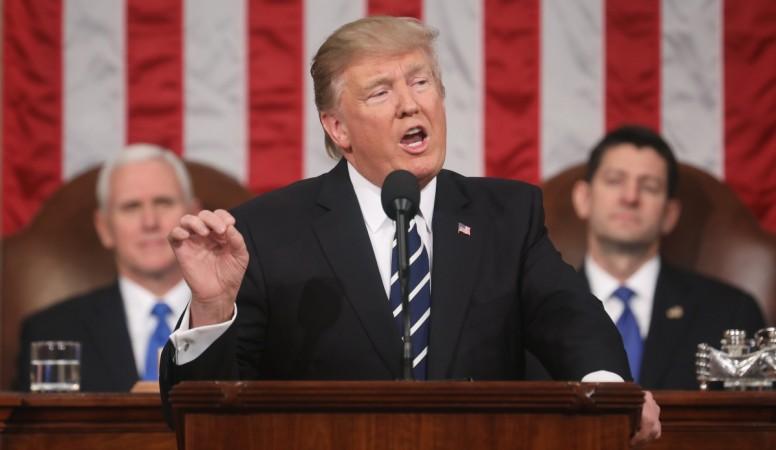
US President Donald Trump's new immigration order will remove Iraq from the list of countries that have been affected by the temporary travel ban imposed by the US, officials said. The president is expected to sign the new order on Wednesday (March 1).
According to four officials, the decision was taken by the US administration following pressure from the Pentagon and State Department. They had urged the White House to reconsider including Iraq in the list since it played an important role in fighting against the Islamic State group. The new order will replace the old order that was blocked by the federal courts.
The officials told the Associated Press that six other countries — Iran, Libya, Somalia, Sudan, Syria and Yemen — will continue to be a part of the travel-ban list. The ban is effective for 90 days.
The new order, consisting of 12 pages, will not single out Syrian refugees for an indefinite ban anymore. Instead, it will include them as part of the general suspension on admitting new refugees into the country for 120 days. The officials also said the religious minorities in the countries affected by the travel ban will not be explicitly exempted under the new order.
Trump had signed the original order in January soon after becoming the 45th president of the US. The order triggered panic and outrage among travellers as several were detained at US airports and sent back overseas while many others were forbidden to board flights at foreign airports.
The green-card holders had also been blocked initially by the Trump Administration before offering the legal residents a special permission to enter the country. However, it later decided that the order was not applicable to them. The state department had revoked around 60,000 valid visas following which a federal judge in the Washington state forbade the administration from carrying out the ban. The decision was further upheld by the Ninth US Circuit Court of Appeals.
However, officials told AP that all existing visas would be honoured under the new order. The changes to the original order were made after a report by intelligence analysts at the Homeland Security Department found insufficient proof of a terror threat to the US from the citizens of the seven Muslim-majority countries.












